The gut-brain axis has been a hot topic of conversation in the nutrition world, particularly following a few landmark papers published in the 2010s that explored the interactions between gut microbiota and the central nervous system.[1-3]
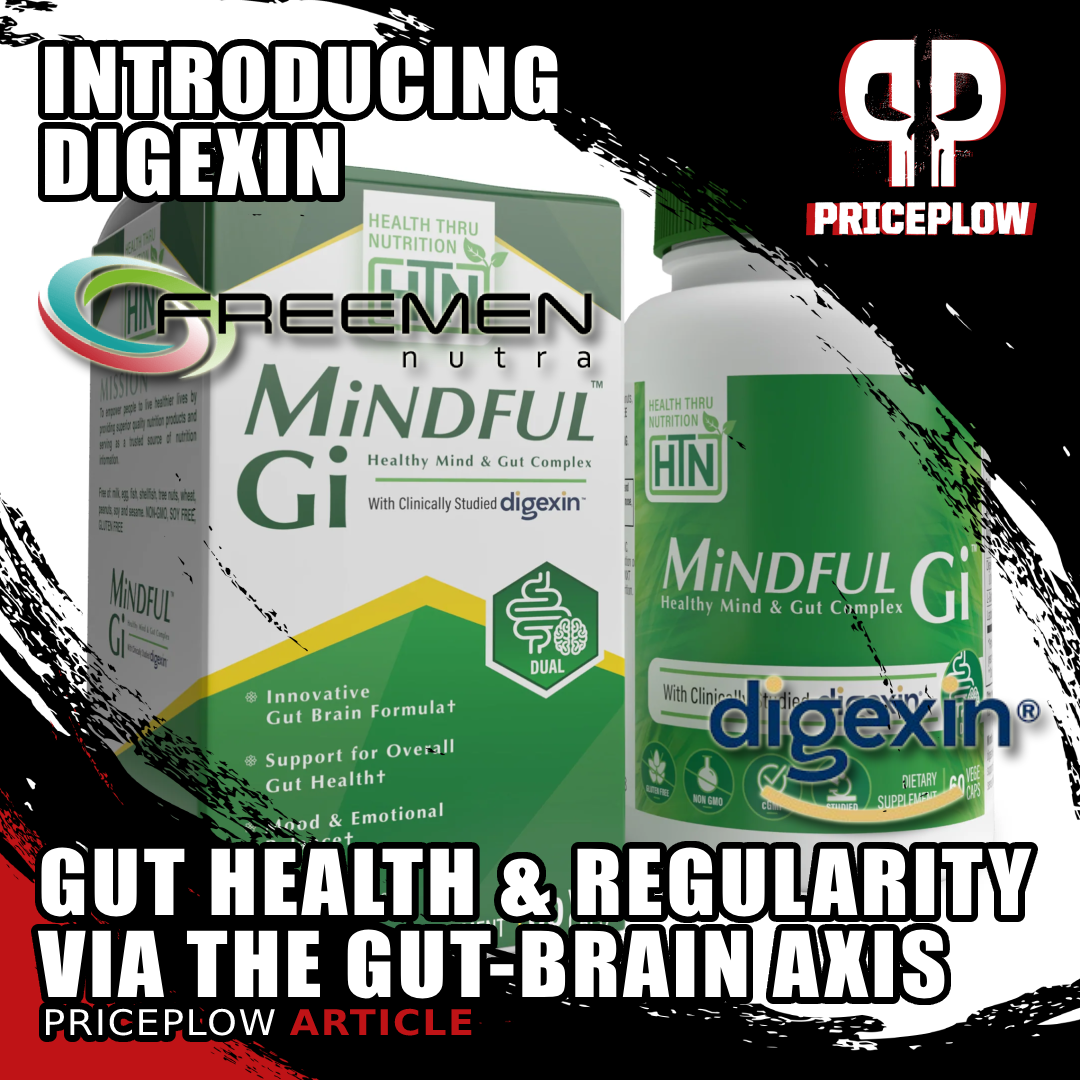
Digexin is the next major gut health ingredient. Developed by NXT and distributed by Freemen Nutra, this patented blend of ashwagandha and okra root extracts marks a significant advancement in addressing constipation and overall gut health.
For instance, most of the body's serotonin is produced in the gut – and by most, we mean basically all of it. The gut creates a whopping 95% of all the serotonin used in the body.[1]
This finding may be surprising at first, as serotonin is often considered primarily a mood-related neurotransmitter typically associated with brain function. However, the perceived dichotomy between gut and brain may be misleading.
The Close Relationship Between the Gut and the Brain
Gut dysbiosis, a pathological imbalance of microorganisms in the gut that influences serotonin synthesis, is believed to contribute to the development of major mood disorders.[4] For better or worse, gut health significantly impacts brain health -- and in a significant way.[5]
Serotonin, while classified as a neurotransmitter, also has far-reaching effects beyond the brain. Its receptors are widely expressed throughout the gastrointestinal tract, where it regulates key digestive processes. This includes the contraction of smooth muscles known as peristalsis, which coordinate the movement of food through the digestive system.[6] It also influences the secretion of digestive enzymes and fluids, aiding in the breakdown and absorption of nutrients, supporting appetite and digestion.[7]
Imbalances in serotonin levels can lead to various gastrointestinal disorders, such as irritable bowel syndrome (IBS), characterized by symptoms like abdominal pain, bloating, and altered bowel habits.[6]
As the scientific community better understands the close relationship between the gut and the brain, we're now seeing novel ways to improve their functioning together using nutrition and dietary supplements. Today, we're exploring one innovative approach to improving gut health -- and it supports brain health as well:
NXT’s Digexin – Easing Constipation Through The Brain
Improved knowledge of the gut-brain axis led to NXT USA's creation of Digexin, a patented blend of ashwagandha root extract and okra root extract, distributed by Freemen Nutra. Ashwagandha is well-known to the dietary supplement world, commonly used as a mood-enhancing adaptogenic herb. However, okra is not as frequently discussed.Once you learn about Digexin, you'll see what a brilliant combination this is.
Digexin’s Development – Target-Based Supplement Discovery
Typically, supplements are evaluated for potential mechanisms of action after their effects are observed. However, Digexin was developed through a pharmaceutical approach known as target-based discovery.
In target-based discovery, NXT identified a health malady (constipation) and a mechanism of action (serotonin signaling) they wanted to modulate, then sought compounds effective for this specific mechanism and outcome.
So why did NXT want to target serotonin specifically? The company noticed that, even though 40% of adults worldwide have a functional gastrointestinal disorder (FGID),[8] with 61% of Americans reporting a significant gastrointestinal symptom in the past week,[9] existing solutions left much to be desired. In a word, NXT realized that they were all mechanistic – they focused on directly stimulating peristalsis (laxatives), helping form or loosen stools (psyllium husk fiber), or improving gut microbiome (probiotics).
Targeting stress – a major factor in gut health
While soluble fibers like psyllium husk, which act as bulk-forming laxatives, can help many people with constipation, some individuals' issues are more complicated than that. For instance, one study from 1997 found that 80% of patients with slow transit (constipation) do not respond to psyllium fiber supplementation.[10] Probiotics, on the other hand, don't really target constipation at all, as evinced by a 2023 trial which found no increase in bowel movement frequency compared to placebo.[11] And chemical laxatives, while useful for occasional bouts of constipation, can cause dependence when used chronically.[12]
The team at NXT hypothesized that, to promote stable bowel movement function in the long term, an ingredient that supports mood and stress resilience would be needed, since stressors are a major factor in the onset and duration of constipation.[13] For that purpose, a serotonergic supplement is an obvious choice.
Candidate ingredients through the process of elimination
NXT reviewed the scientific literature to find botanicals with the potential to stimulate bowel movements via serotonergic signaling. After narrowing their list down to 15 candidates, the company conducted preclinical tests on intestinal tissue using a force meter. This enabled them to directly measure the mechanical peristaltic force that each botanical stimulated ex vivo.
What they found was that two of their candidates – ashwagandha and okra – exhibited synergistic effects. Essentially, combining these two achieved the same peristaltic effect as a greater quantity of either ingredient on its own.
Digexin’s Clinical Trials
Digexin has two excellent gold standard human clinical trials demonstrating its ability to improve bowel function -- and support mood and sleep in the process:
-
Improves stress biomarkers and bowel function (2024)
First, we'll discuss a recent study finding that Digexin can effectively alleviate constipation, reduce stress, and improve gastrointestinal function, sleep quality, and overall wellness in adults -- all without adverse effects.[14]
In this study, 48 participants aged 25 to 60 were randomly assigned to receive either
- 300 milligrams of Digexin,
- 500 milligrams of Digexin, or
- an inert placebo
This study aimed to quantify Digexin's impact on constipation severity using the following clinical questionnaires:
- Patient Assessment of Constipation-Symptoms (PAC-SYM)
- Patient Assessment of Constipation-Quality of Life (PAC-QOL)
- Gastrointestinal Symptom Rating Scale (GSRS)
- Complete Spontaneous Bowel Movements (CSBM)
As with many well-designed preliminary studies, this one also examined objective metrics for digestive health and stress, including serotonin blood levels, inflammatory cytokines, the stress hormone cortisol, and gastrin (a hormone responsible for triggering the secretion of stomach acid).[14]
Supplementation with Digexin led to highly statistically significant improvements in subjects' PAC-QOL (Patient Assessment of Constipation-Quality of Life) scores.[14]
In studies with large data tables, only certain observed effects typically achieve statistical significance, which is why we commonly highlight those that do. However, in this case, every single subscore on the PAC-QOL was significantly improved with Digexin administration! Additionally, all associated p-values were exceptionally small, at less than 0.0001, indicating extremely high statistical significance.[14] The commonly-accepted thresholds are 0.05, or less commonly, 0.025 – Digexin's numbers are well beneath both of those!
Extraordinarily significant results
Another important note is that these effects were dose-dependent – the high-dose Digexin group experienced greater benefits than the lower-dose one.[14]
What kind of effect sizes are we talking about? Total scores were reduced by about 18% in the placebo group, but an astonishing 69% and 89% in the 300 milligram and 500 milligram Digexin groups, respectively.[14]
When it came to the physical discomfort score – which is arguably the most important for constipation – the effects were even more pronounced. While the placebo group experienced about an 18% reduction, the high-dose Digexin group saw a 93% improvement![14] That's a massive effect size, rarely seen in supplement research or drug research. And again, the p-value was virtually zero, at less than 0.0001.[14]
It is hard to overstate how impressive these results are.
Participants who took Digexin showed significant improvements on the PAC-SYM (Patient Assessment of Constipation-Symptoms) inventory as well.[14]
Regarding the PAC-SYM, the scientists again observed massive, dose-dependent improvements in all scores, with exceptionally low p-values.[14] The 500 milligram Digexin group experienced a 94% improvement in total PAC-SYM score.[14]
The same level of improvements were observed for the GSRS, with significant improvements seen in abdominal pain, constipation, diarrhea, indigestion, and reflux.
Digexin also improved IL-6, IL-10, gastrin, serotonin, and cortisol levels. All of these effects achieved statistical significance in the high-dose (500 milligram) group.[14]
Amazingly, Digexin positively influenced stress biomarkers – IL-6 decreased, IL-10 increased (which is beneficial since IL-10 is an anti-inflammatory cytokine), serotonin levels elevated, and cortisol decreased. Moreover, the elevation of gastrin in the Digexin groups also achieved statistical significance.
This is important because chronically high cortisol levels are associated with constipation-related GI disorders like IBS.[14]
-
Alleviates functional constipation, reduces gastrointestinal transit time, and improves bowel function (2024)
However, that wasn't the only study published in 2024 -- Digexin also has a second randomized controlled trial backing it.[15] This study was similar in design and structure to the previous one, but used a much larger sample size – 135 participants aged 25 to 60.[15] They were also randomized to receive either 300 or 500 milligrams of Digexin, or an inert placebo.[15]
Additional biomarker measured: gastrointestinal transit time (GIT)
The PAC-SYM, PAC-QOL, CSBM, and GSRS were all utilized again in this study. Additionally, gastrointestinal transit time (GIT) was measured.[15] Just like the previous study, this one measured cortisol, IL-6, IL-10, cortisol, gastrin, and serotonin, but also measured diamine oxidase (DAO) and zonulin.
Diamine oxidase (DAO) is an enzyme that degrades histamine in the gut, preventing excessive histamine levels. It breaks down histamine from food and gut bacteria, maintaining intestinal health. A deficiency in DAO can lead to histamine intolerance, causing symptoms like headaches, gastrointestinal issues, and allergic reactions.[16]
Zonulin is a protein that regulates the tight junctions between cells in the gastrointestinal lining.[17] Higher DAO helps discourage IBS, while lower zonulin prevents the gastrointestinal tract from causing systemic, chronic inflammation. Lower zonulin levels reduce intestinal permeability, preventing "leaky gut". This helps maintain the integrity of the gut barrier, preventing harmful substances and pathogens from entering the bloodstream. Lower zonulin levels are associated with reduced inflammation and a lower risk of autoimmune and gastrointestinal disorders.[17,18]
Similarly phenomenal results
Both doses of Digexin caused statistically significant improvements in all measured biomarkers of stress, inflammation, and gastrointestinal integrity.[15]
This RCT found, just like the preliminary study, that Digexin administration caused significant improvements to the subjects' stress biomarkers. Most notably, cortisol was down 27% in the 300 milligram group and 43% in the 500 milligram group, while serotonin increased by 26% and 29%, respectively.[15]
Digexin use led to significant improvements in the GSRS (Gastrointestinal Symptom Rating Scale) scores.[15]
High-dose Digexin (500 milligrams) reduced the following GSRS scores:
- Abdominal pain by 67%, vs 13% for placebo
- Constipation by 74%, vs 21% for placebo
- Diarrhea by 51%, vs 20% for placebo
- Indigestion by 69%, vs 14% for placebo
- Reflux by 65%, vs 19% for placebo
These effects achieved statistical significance both intra-group and compared to placebo. Although the effect was dose-dependent, the 300 milligram dose caused effects almost as large as the 500 milligram dose.
Complete elimination of abdominal pain symptoms!
As a note for abdominal pain, the lowest score (aka absence of symptoms) in the GSRS is 1 -- it doesn't go to 0. So in the 500 milligram group, Digexin completely eliminated abdominal pain symptoms. This was actually the case in the 500mg group for all the categories except diarrhea!
Digexin significantly improved PAC-SYM (Patient Assessment of Constipation-Symptoms) scores,[15] just like in the pilot study.
Digexin also improved total PAC-SYM scores by 93% in the low-dose group, and an astonishing 98% in the high-dose group.
Perhaps most interestingly, 500 milligrams of Digexin led to a 96% reduction in the Worries and Concern score on the PAC-QOL, indicating an extremely robust improvement in the subjects' state of mind.[15] This is arguably the primary outcome, as sufferers of constipation and other GI complaints want to feel less worried about their condition. Since this effect was accompanied by robust improvements in other inventory scores and objective stress biomarkers, it can't be dismissed as mere placebo effect, either.
Digexin and sleep status
When it came to sleep, Digexin was also beneficial. Interestingly, the dose-response effect was not as impactful here, but still very impressive:
300 milligrams Digexin:
- Awakening from sleep: 48.73% improvement
- Behavior following wakefulness: 41.76% improvement
- Getting to sleep: 27.69% improvement
- Quality of sleep: 45.74% improvement
500 mg Digexin:
- Awakening from sleep: 49.42% improvement
- Behavior following wakefulness: 40.71% improvement
- Getting to sleep: 37.37% improvement
- Quality of sleep: 50.38% improvement
Improving sleep quality is crucial, as sleep disorders strongly correlate with GI disorders like IBS.[19]
By day 60, Digexin supplementation significantly increased diamine oxidase (DAO) levels – by about 31% with 300 milligrams and 39% with 500 milligrams from baseline. Additionally, its use led to significantly reduced serum zonulin levels by 5% with 300 milligrams and 7% with 500 milligrams from baseline. These changes were significant compared to both baseline and placebo.[15]
Speeds up gastrointestinal transit
Perhaps the most important objective metric examined in this study was gastrointestinal transit time (GIT), which refers to the duration it takes for food to travel through the digestive tract. Prolonged transit time can lead to constipation, as slower movement through the intestines causes increased water absorption from the stool, making it harder and more difficult to pass. In other words, a faster GIT is better and should reduce the incidence of constipation.[15]
Unsurprisingly at this point, Digexin reduced the gastrointestinal transit time by about 3 hours (13%) in the low-dose group and 4 hours (18%) in the high-dose group, compared to baseline.[15]
Again, it's hard to overstate the results of these two studies.
Mechanisms of Action: How Does Digexin Work So Well?
Most of our readers are familiar with ashwagandha, which has extensive research supporting its ability to reduce stress and cortisol levels,[20-23] leading to numerous downstream effects.
Understanding the significance of the gut-brain axis, it's unsurprising to see how it also supports the gut. Additionally, okra extract is completely new to most of our readers.
Let's look at research for the two:
Ashwagandha: Modulating Gut Microbiota Through Stress Response and Serotonin
Scientifically known as Withania somnifera, Ashwagandha is an evergreen shrub that's long been used in Ayurvedic medicine for its stress-reducing, mood-enhancing effects. Modern research is now beginning to connect this to gut health:
- In a preclinical trial, a withanolide-free Ashwagandha root extract was shown to modulate gut microbiota,[24] potentially influencing stress resistance and overall gut health. The study also suggests that the herb's stress-protective components could possibly be mediated through gut microbiota regulation.
-
Also known as Withania somnifera, ashwagandha is the dietary supplement industry's most prominent adaptogenic herbs. Image courtesy Wikimedia Commons.
A recent study primarily focuses on Ashwagandha's effects ability to increase in serotonin levels.[25] As discussed in this article's introduction, serotonin is crucial for gut health as it regulates bowel movements and plays a role in the gut-brain axis. This suggests potential dualistic benefits for GI tract function through mood stabilization and stress reduction.
- Ashwagandha has adaptogenic properties,[26] which may help gut health maintenance by regulating stress responses, reducing inflammation, and potentially balancing gut microbiota.
- Ashwagandha's role in stress reduction can indirectly benefit gut health, since chronic stress is known to disrupt gut microbiota and increase GI tract issues.[27]
- Ashwagandha has an inhibitory effect on acetylcholine esterase, which may impact gut motility.[28] By modulating acetylcholine levels, the herb could influence the parasympathetic nervous system, positively affecting digestion and bowel movements.
Those who study dietary supplements likely aren't surprised by these findings. Gut health is new area of research for ashwagandha, and we're excited to see how it progresses. Digexin's launch seems to be well ahead of the curve.
More interesting, however, is the usage of okra:
Okra: Supporting Gut-Brain Peptide Expression and Microbiota Diversity
Okra is a flowering plant with edible green seed pods that originated in East Africa. It's scientifically known as Abelmoschus esculentus, and is rich in polyphenols and polysaccharides that have been shown to have mood-improving effects.[29,30] New research is taking scientific knowledge even further, showing incredible effects on brain-gut peptides in preclinical trials.[31]
Let's walk through the timeline of what we know so far:
- In 2014, researchers performed a phytochemical analysis on okra seed extracts, demonstrating its antioxidant, antistress, and nootropic activities.[32]
-
In 2018, another team of researchers published a study focusing on the anti-fatigue activity of okra's polysaccharide fractions.[33] They hypothesized that it improved glycogen storage and reduced lactic acid accumulation. They also conducted a thorough analysis on the polysaccharides inside.
- Shortly after in 2018, a study was published demonstrating the mood-improving activity of an okra seed extract, focusing on its effects on neurotransmitter levels and oxidative stress markers in the brain.[29] It was seen that it could regulate neurotransmitter levels (e.g., dopamine, serotonin, noradrenaline) and reduce oxidative stress.
- A similar study published in 2019 showed that okra's polysaccharides have mood-enhancing qualities, and have the ability to rebalance gut microbiota.[30] It was able to do this by reducing inflammation.
- In 2020, a study explored the effects of okra powder on metabolic syndrome and gut microbiota diversity in obese mice.[34] The scientists learned that okra powder supplementation led to improved gut microbiota diversity, with increased beneficial bacteria and decreased harmful bacteria. It also showed potential in reducing symptoms associated with metabolic syndrome, such as obesity and inflammation.
- Most interestingly, a 2021 study illuminated the effects of okra extract on brain-gut peptides and intestinal microbes in sleep-deprived rats, showing that it enhanced expression of brain-gut peptides and ameliorated symptoms of sleep deprivation like anxiety and cognitive impairment.[31]
It shows effects on norepinephrine, serotonin, gastrin, CCK, and motilin,[31] which led to some of the research on Digexin discussed above.
Summary on okra’s mechanisms of action
Overall, we see the following effects, all of which can support gastrointestinal health:
- Antioxidant Activity: Protect the gut lining from oxidative stress.
- Anti-inflammatory Properties: Reduce inflammation in the gut, promoting a healthy gut environment.
- Gut Microbiota Modulation: Improve the diversity and balance of gut microbiota, enhancing digestion and nutrient absorption.
- Brain-Gut Axis Modulation: Influences brain-gut peptides, which play a crucial role in the communication between the gut and brain, potentially affecting mood and gut motility.
We suspect that okra's ability to reduce metabolic byproducts[33] is also a contributor to overall gut health, and there's a lot more potential with this plant that the dietary supplement industry is yet to discover.
Supplements with Digexin
The first Digexin-based supplement on the market is MiNDFUL Gi from Health Thru Nutrition (HTN). In each capsule, this formula provides a combination of 300 milligrams of Digexin with 100 milligrams of L-glutamine and a 1 billion CFU dose of lactobacillus acidophilus.
We love HTN's attention to detail: Rather than using fillers in the rest of the capsule, they chose to complete it with 100 milligrams of magnesium glycinate, which provides 10 milligrams (2% DV) of elemental magnesium. While this isn't a significant amount, we're always supportive of using both glycine and magnesium, especially when it replaces other fillers.
But the key story is the 300 milligram dose of Digexin, which can be used once daily to yield many of the benefits discussed in the article above.
At the time of publication, it's on pre-order, with an expected ship date of August 2024, but we'll keep this area updated with news and other Digexin launches.
Learn more on the PricePlow Podcast
After this article was published, we had Eric Withee of Freemen Nutra on to talk Digexin, and it made for an incredibly informative episode, discussing the above research and more! See it on Episode #147: Support the Gut-Brain Axis (and Stool!) with Digexin: Eric Withee of Freemen Nutra.
Conclusion: Digexin is the Next Major Gut Health Ingredient
The development of Digexin marks a significant advancement in addressing constipation and overall gut health by modulating the intricate relationship between serotonin signaling and gastrointestinal function. NXT's innovative approach of target-based supplement discovery has yielded a product that not only enhances bowel movements but also improves stress resilience and mood, highlighting the profound connection between the gut and the brain.
The 135-person clinical trial demonstrates significant improvements in almost all conceivable gastrointestinal symptoms, stress biomarkers, and overall quality of life. It finds impressive reductions in gastrointestinal transit time, along with enhancements in sleep quality and reduced inflammation, all of which position Digexin as a promising option for those suffering from constipation and related disorders.

This article was sponsored by Freemen Nutra, distributors of Digexin. Sign up for PricePlow's Freemen Nutra alerts below.
The supplement industry is currently seeing many worn-out product categories get revitalized by bold scientific R&D strategies, and apparently, laxatives are no exception. NXT's recognition of the profound gut-brain, mind-body connection is poised to pay off for the company in a significant way, and Freemen Nutra is the team to call if brands and developers are ready to sample it for their next gut health supplement.
You can sign up for PricePlow's Digexin and Freemen Nutra news alerts below, and then see our list of articles discussing the ingredient, as we expect more to come:
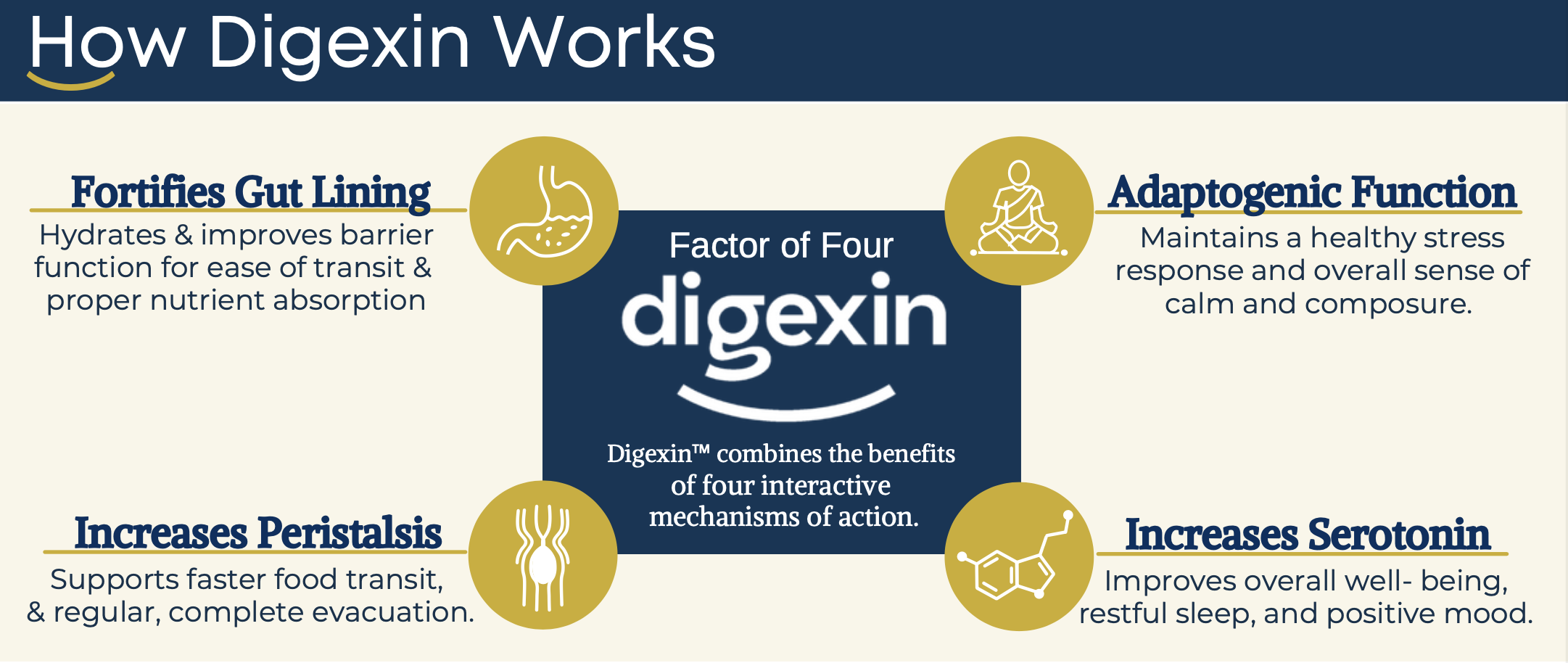
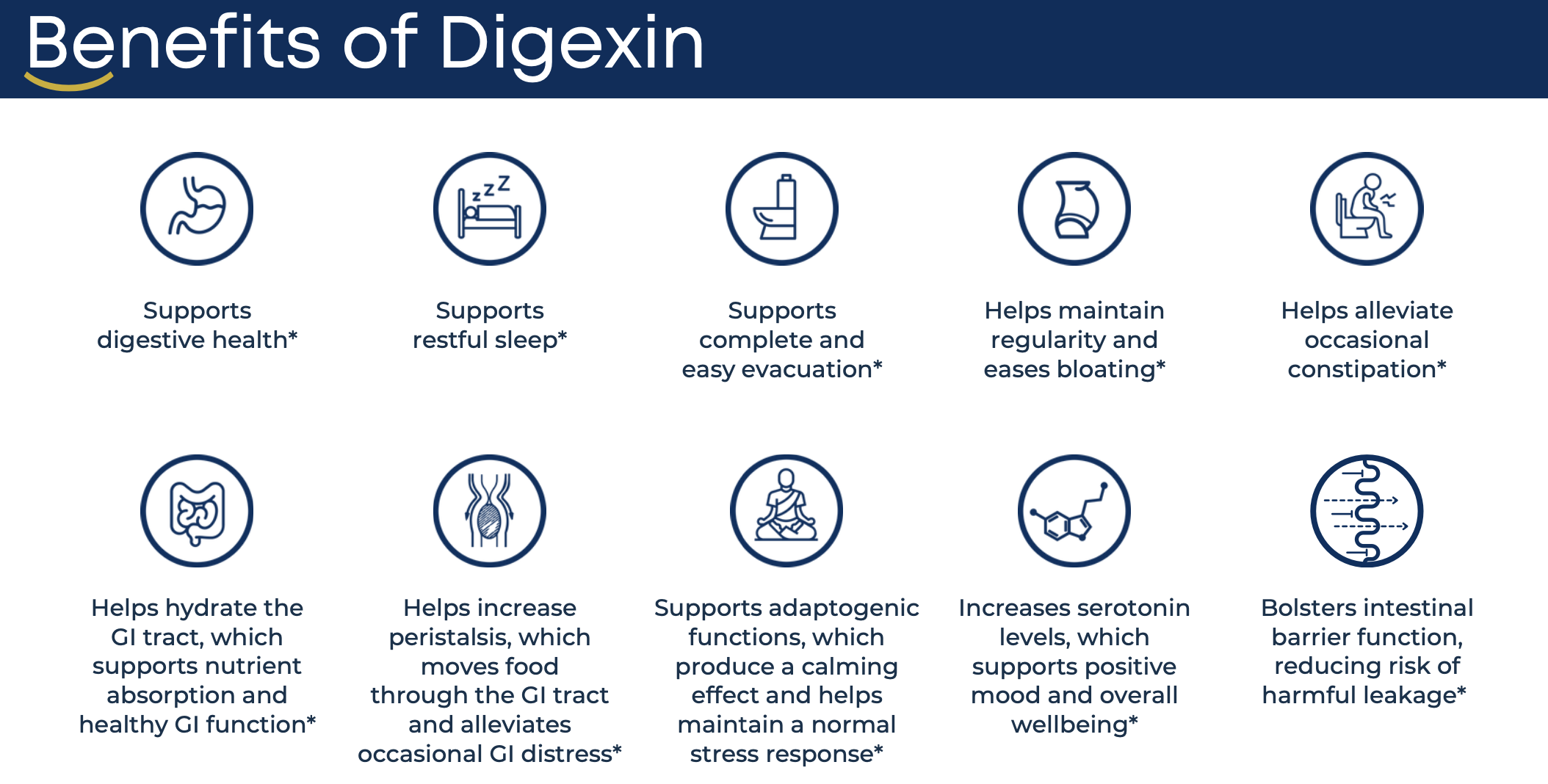


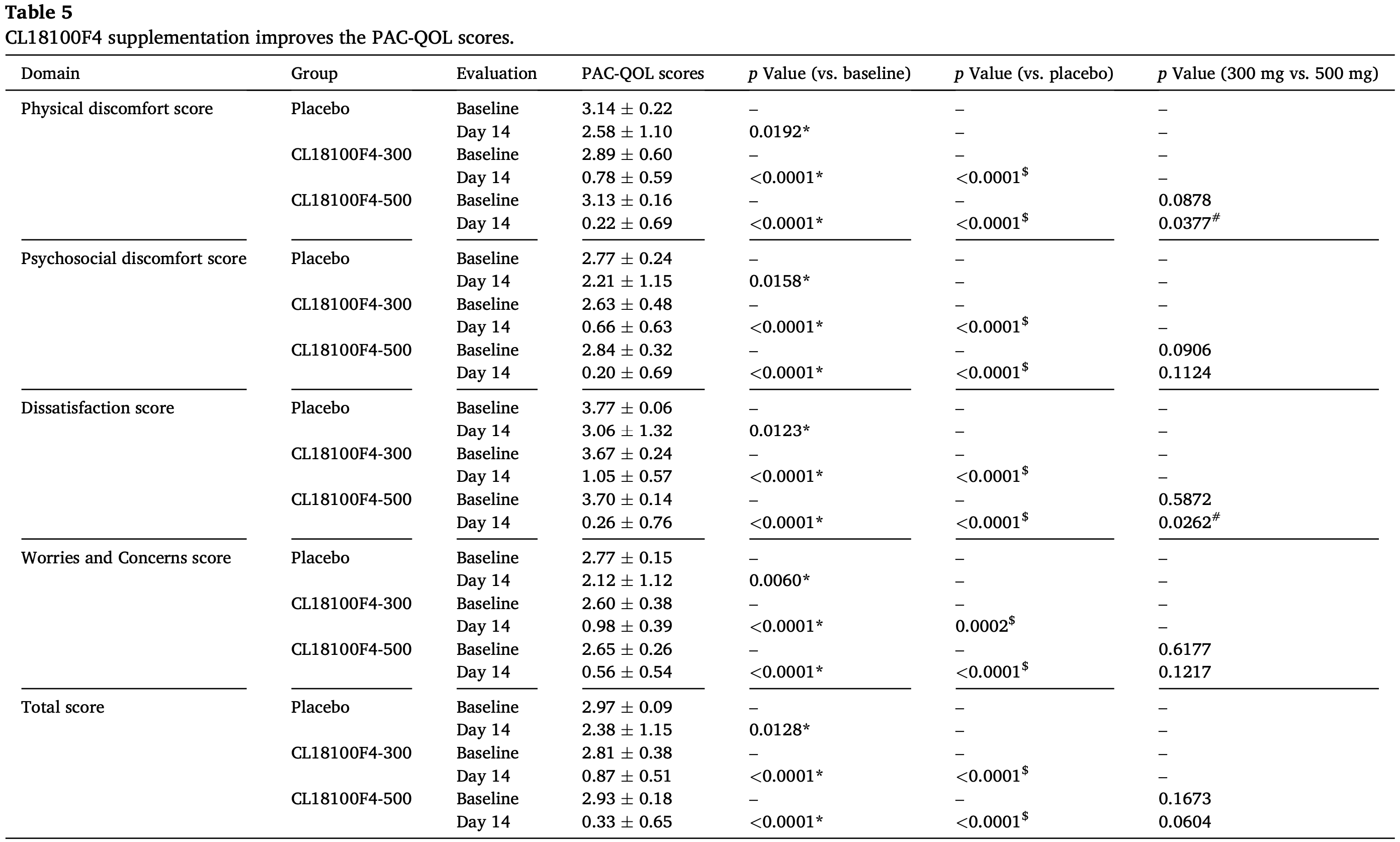
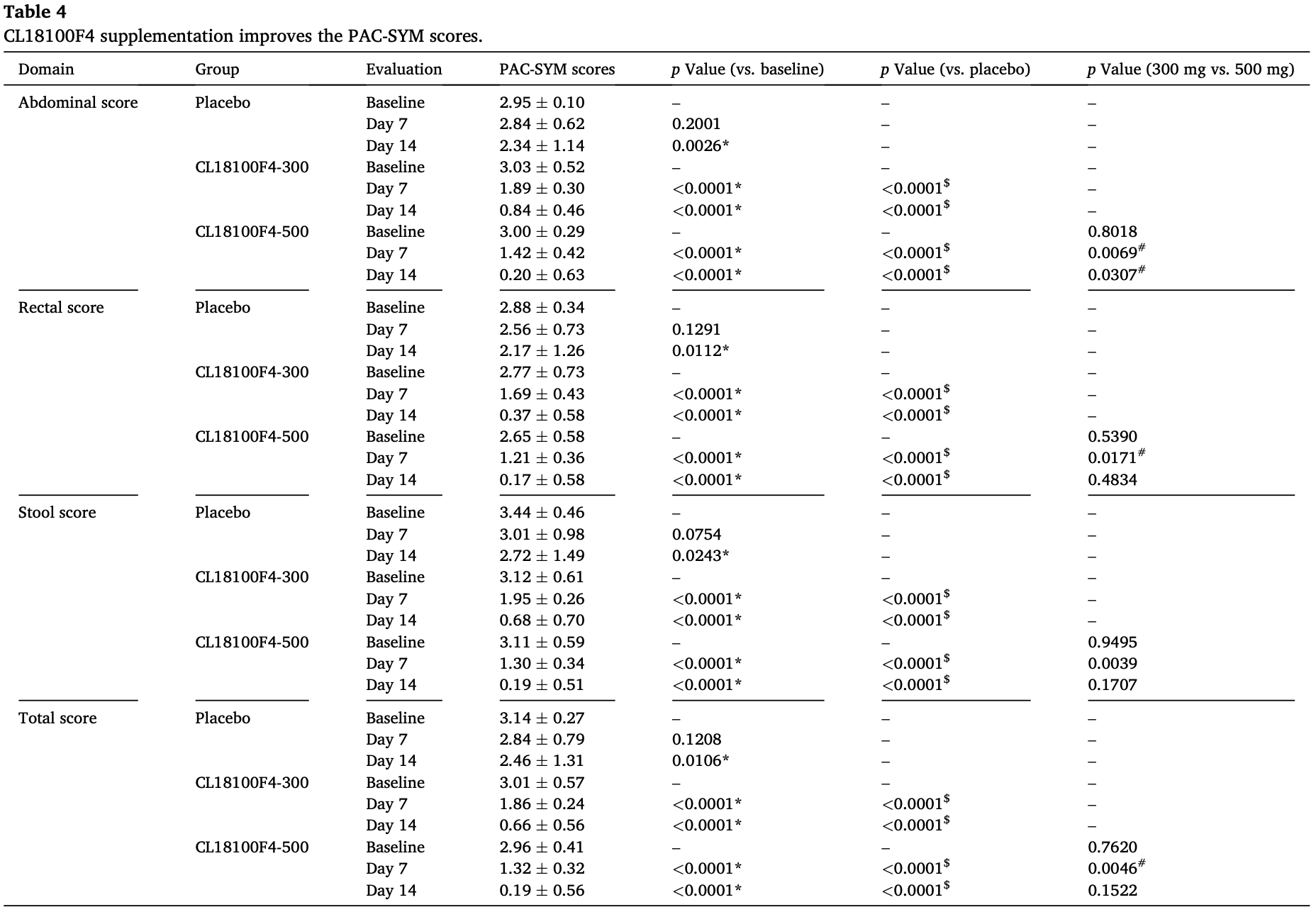
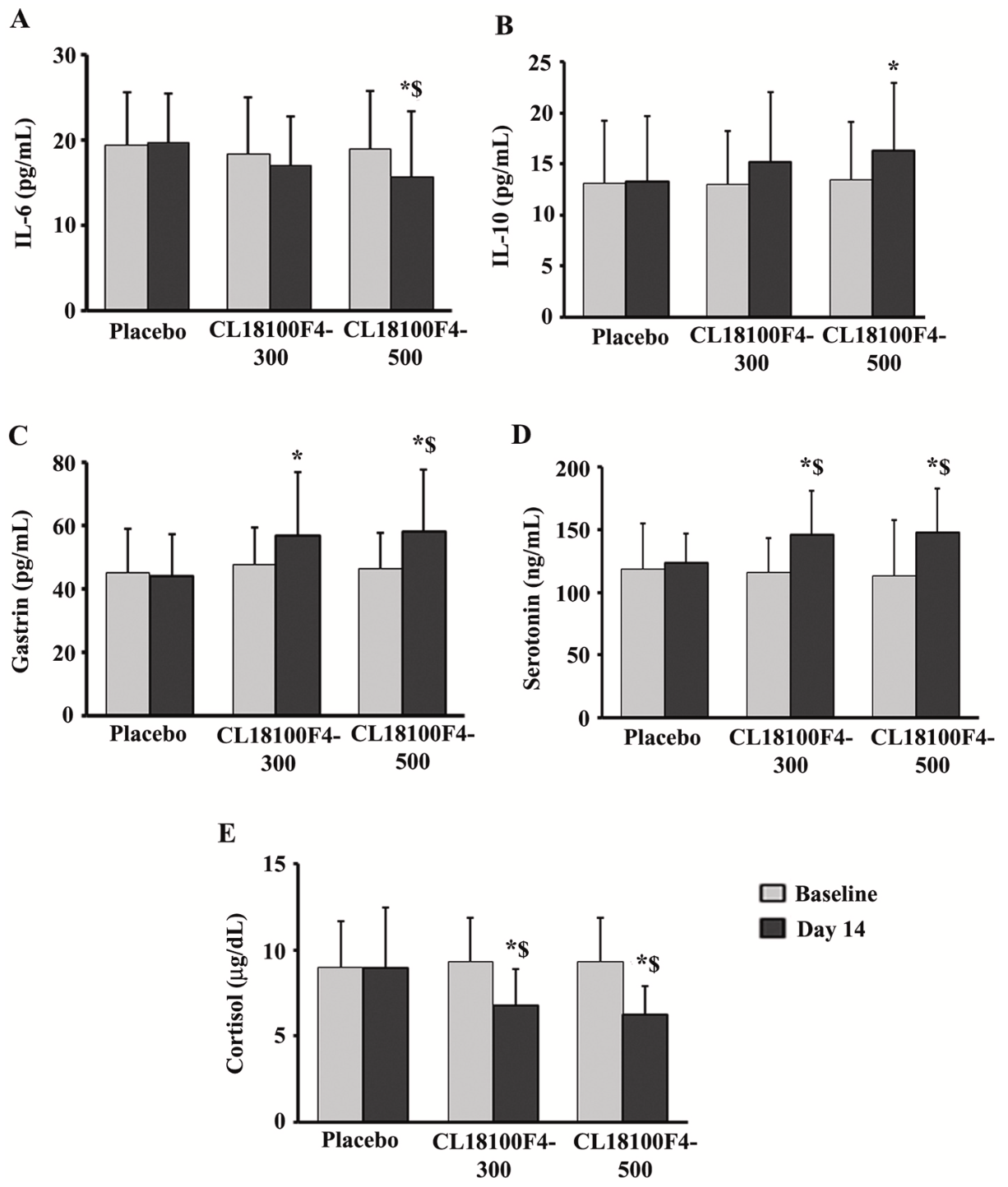
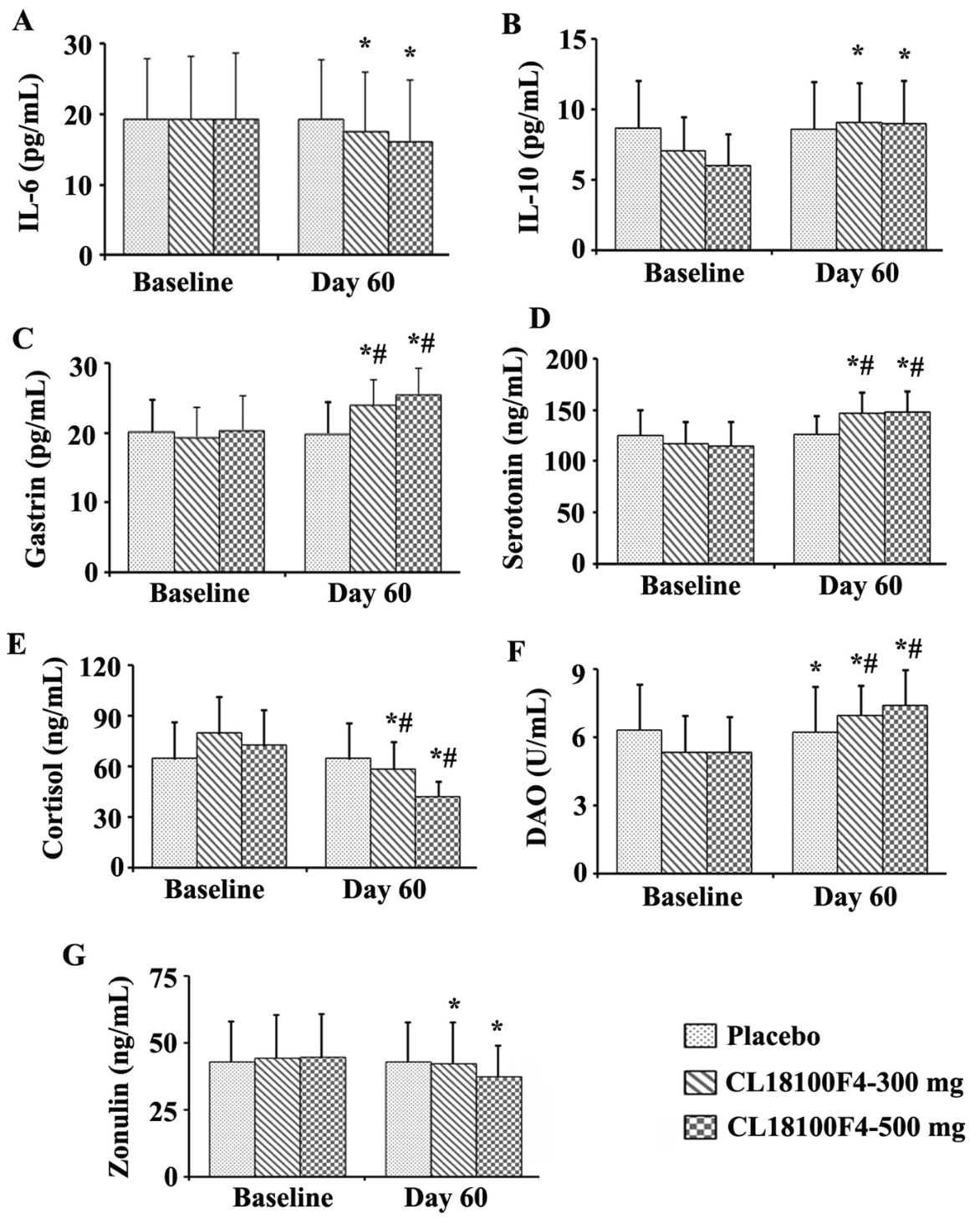
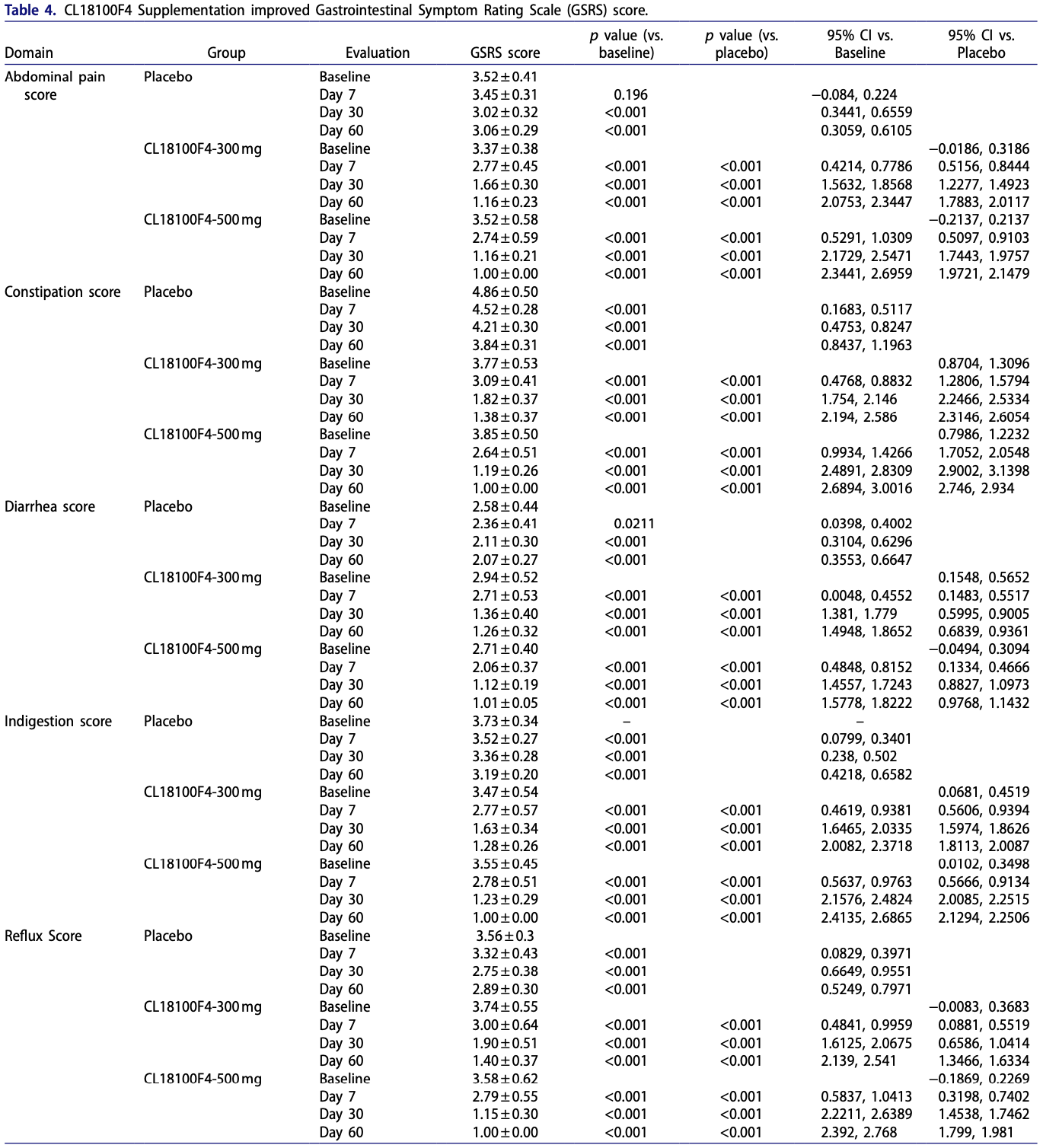
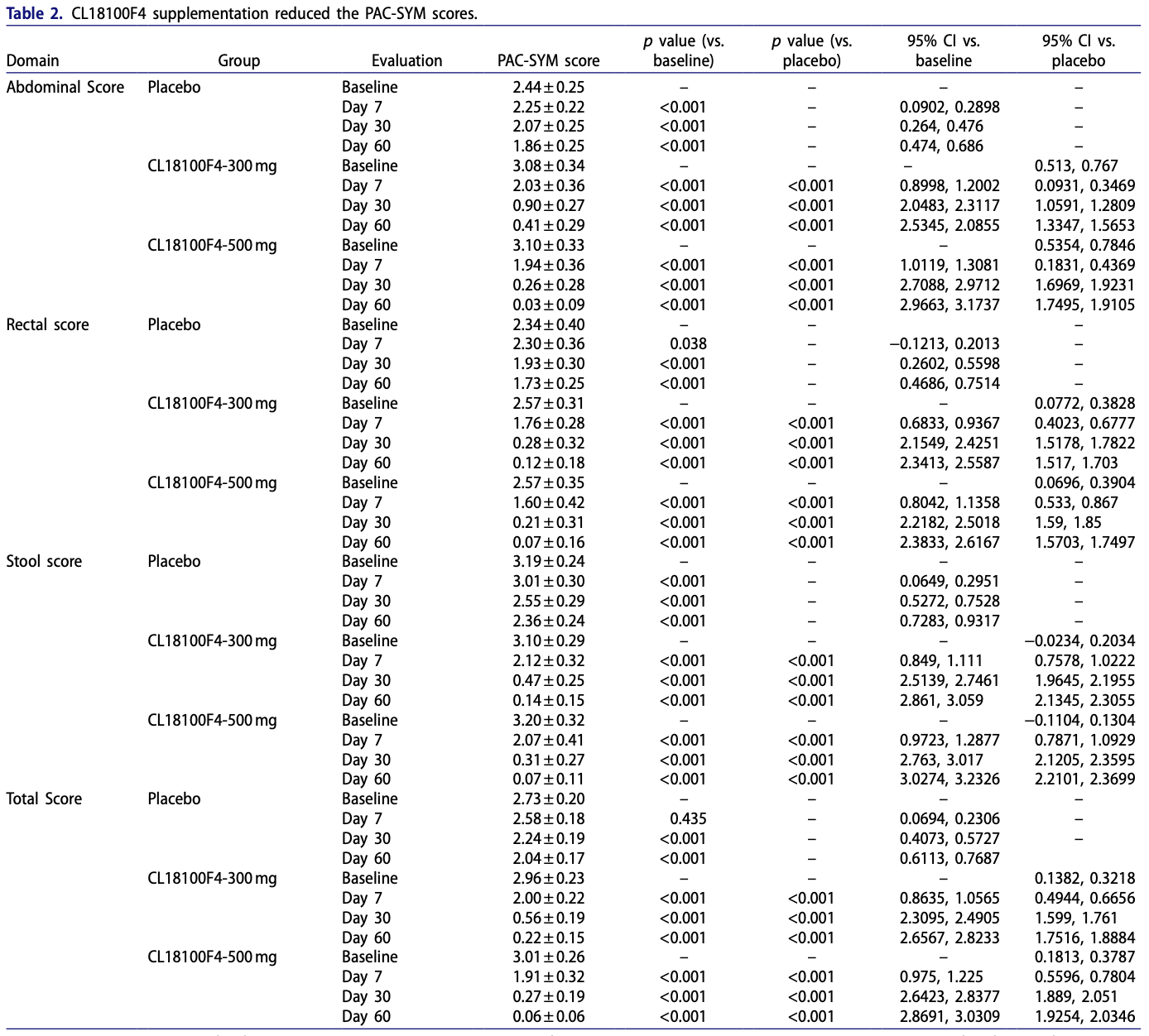
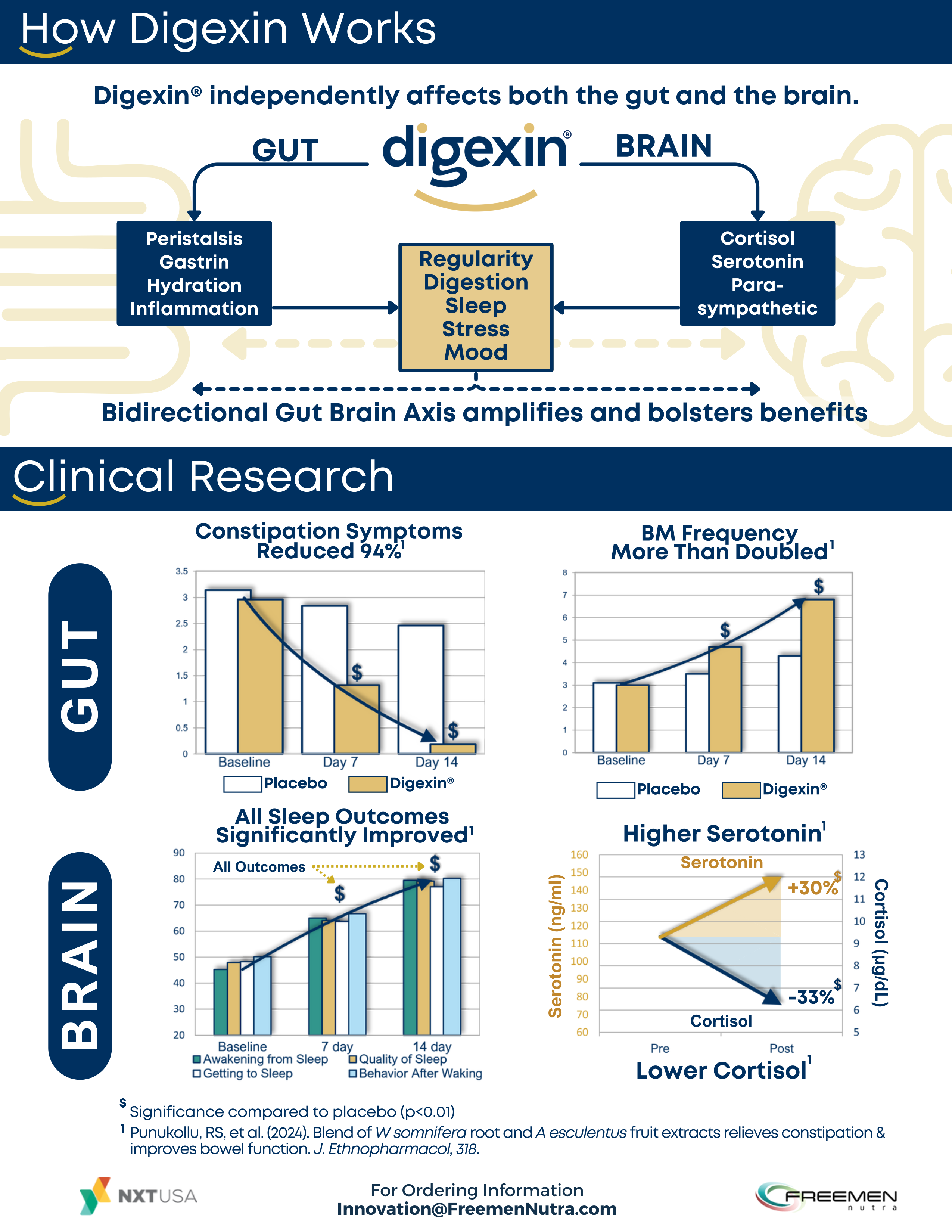

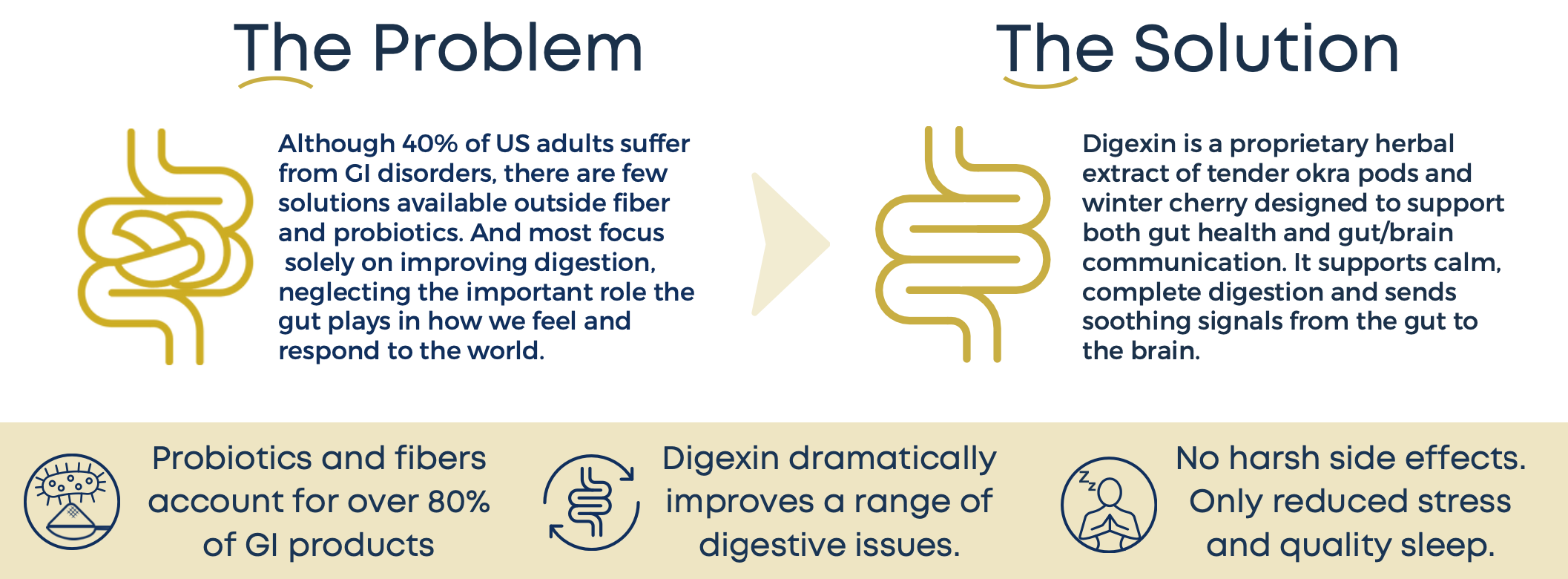


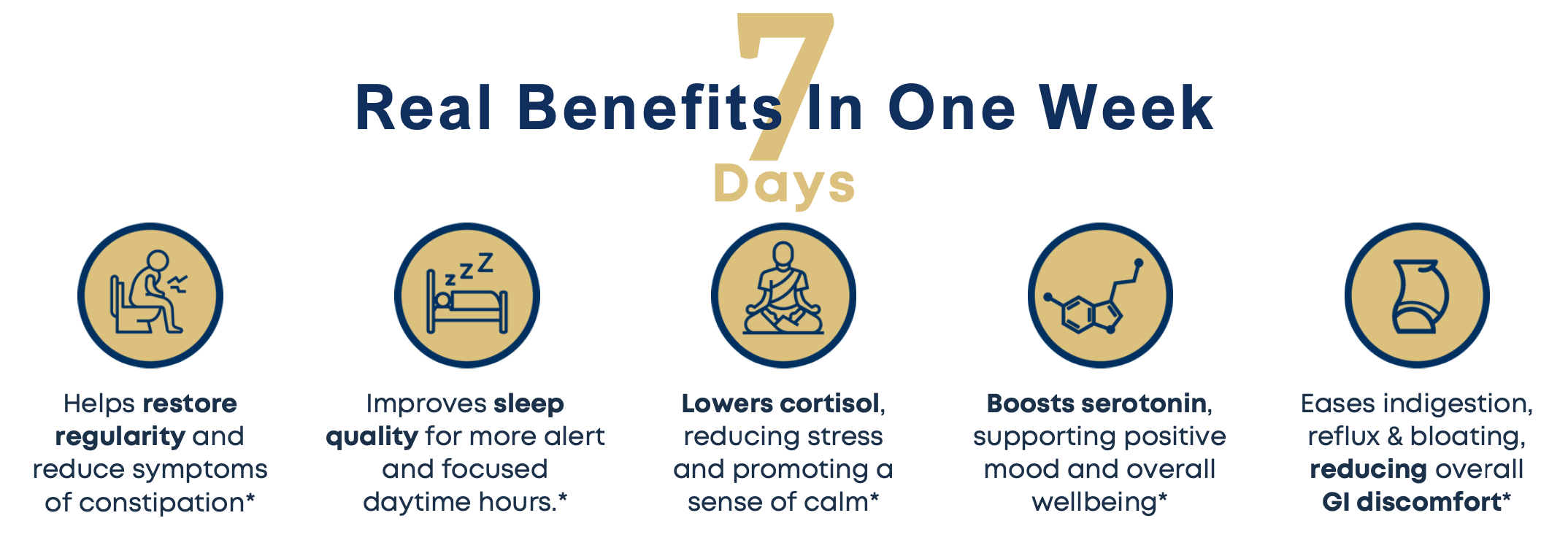
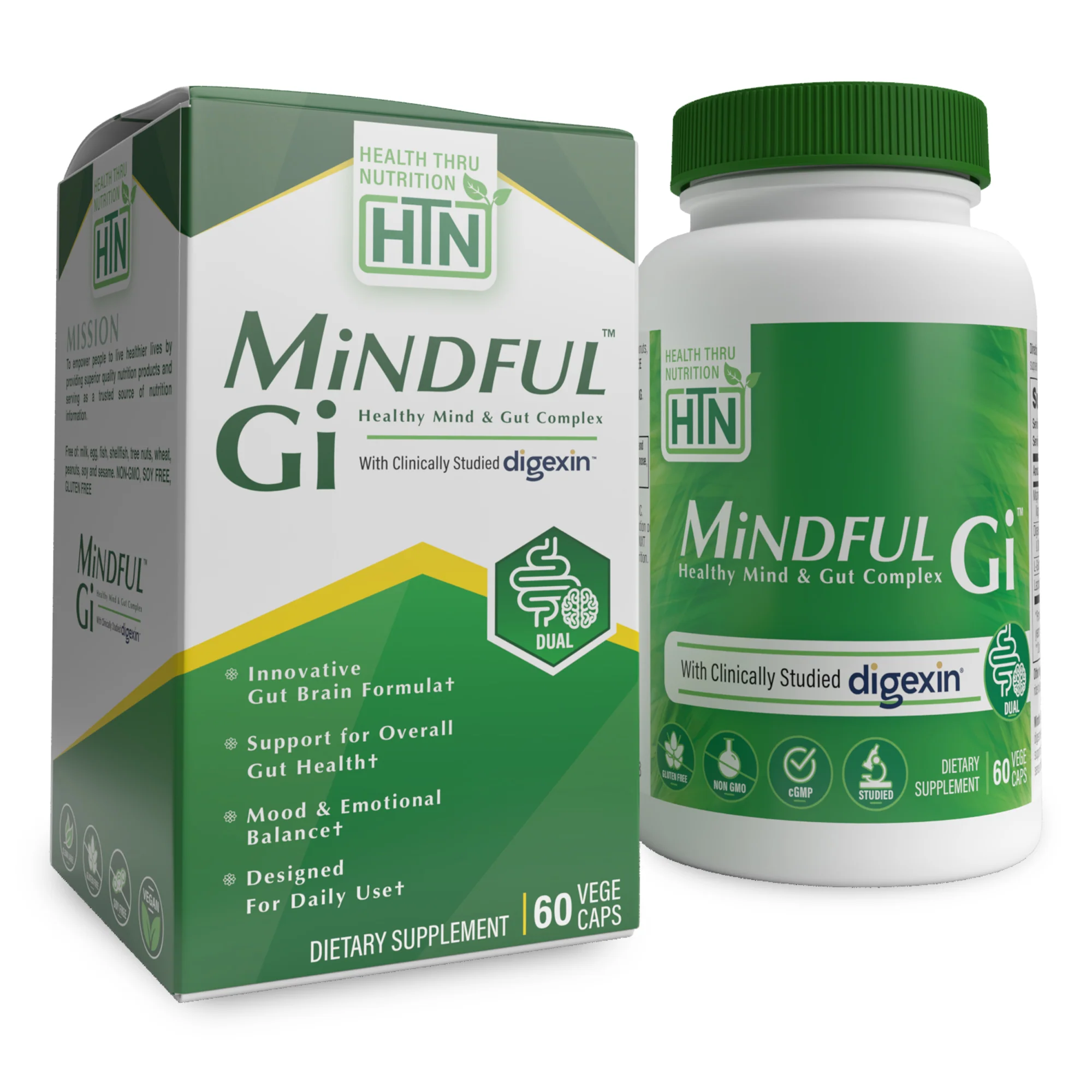
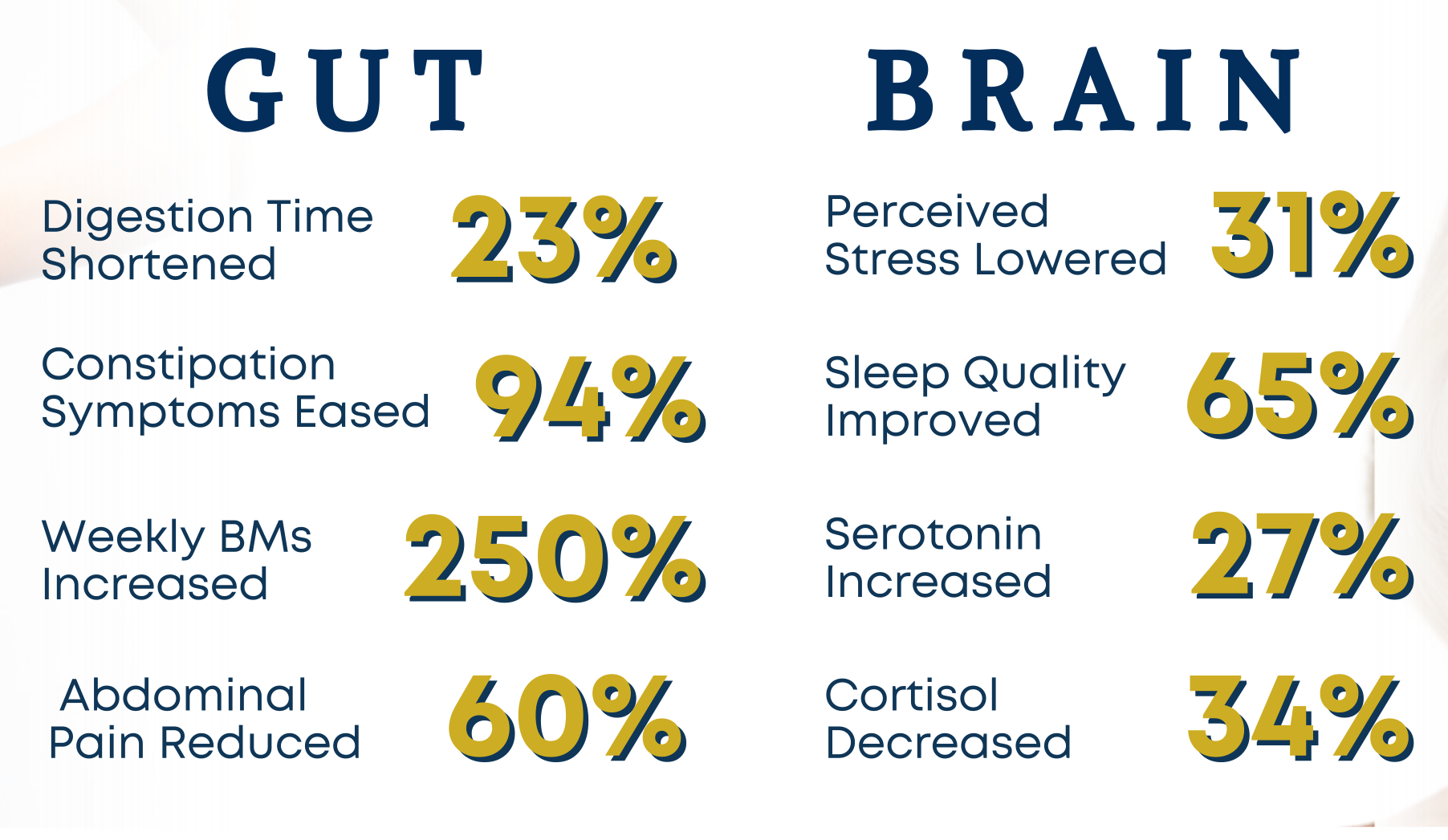


Comments and Discussion (Powered by the PricePlow Forum)